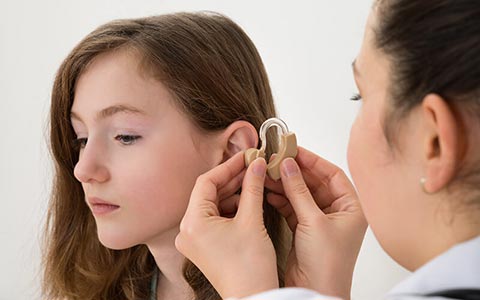The insufficiency of kidney qi may manifest in daily life through various signs, here are a few common expressions:
Some women still experience cold hands and feet in spring, which may be a result of insufficient accumulation of essence qi in winter. Traditional Chinese medicine experts explain that insufficient storage of kidney essence in winter will reduce the energy supplied to the body, leading to difficulty for essence qi to reach the limbs, resulting in a feeling of coldness in the limbs. At this point, supplementing kidney qi becomes particularly important.
In modern society, the trend of consuming heavily flavored food is gradually increasing, especially the preference for spicy food. This reflects a decline in the function of the spleen and stomach, a decrease in sensitivity to taste, and the need for strong flavors to stimulate and enhance digestion. This is also a sign of kidney qi insufficiency.
Some individuals are prone to low-grade fevers between 17:00 and 19:00 daily. In comparison to adults, children are more likely to experience high fevers due to sufficient qi and blood. However, if adults frequently experience low-grade fevers during this time period, it may signify low levels of qi and blood, indicating kidney qi damage.
The habit of unconsciously shaking legs is often mistaken for lack of etiquette, but it is actually one of the manifestations of insufficient kidney essence.
Young people developing premature gray hair, according to traditional Chinese medicine theory, “hair reflects the essence of the kidneys”. The condition of the hair directly reflects the health of the kidneys, early graying indicates deficiency of kidney essence, requiring nurturing of kidney qi.
Nocturnal sweating, sweating without cause during sleep, is attributed to qi and yin deficiency in traditional Chinese medicine. Prolonged neglect may aggravate the loss of qi and yin, affecting health.
In elderly individuals, involuntary twitching of the head during urination, unlike the behavior in children, reveals more about the weakness of kidney qi and the general weakness of qi and blood. At this time, it is important to focus on maintaining kidney qi.
For kidney qi insufficiency, dietary adjustments can be made. Recommended foods include: – Sesame seeds, which nourish the liver and kidneys, suitable for those with kidney deficiency accompanied by dizziness and tinnitus. – Coarse rice (millet), not only benefits the spleen but also has a kidney-tonifying effect. – Hyacinth beans, with a mild taste and sweet nature, have a good auxiliary effect for kidney deficiency. – Beef marrow, moistens the lungs and tonifies the kidneys, suitable for those with deficient essence and blood. – Dog meat and sheep bones, warm and tonify kidney yang, suitable for those with kidney yang deficiency. – Pig kidney, directly nourishes the kidneys and strengthens the body. – Mussels, rich in nutrients, can tonify the liver and kidneys, nourishing essence and blood.
In summary, recognizing and paying attention to the various manifestations of kidney qi insufficiency, timely dietary adjustments are crucial for maintaining overall health.


